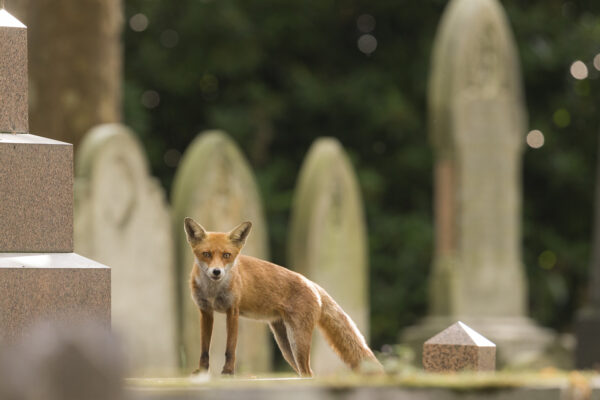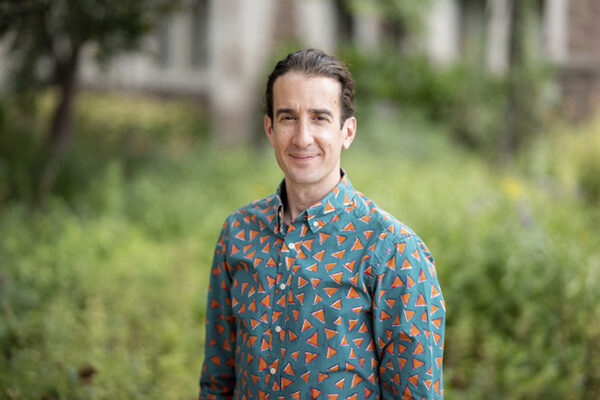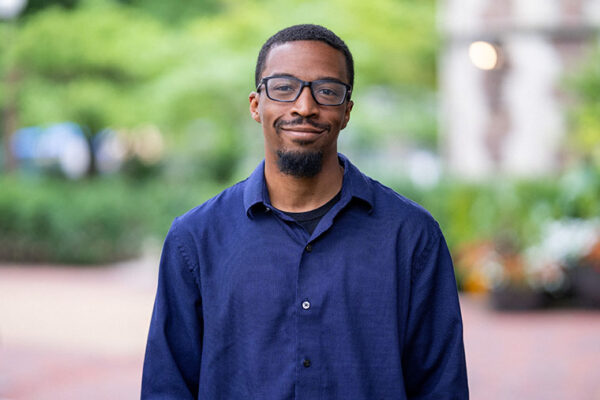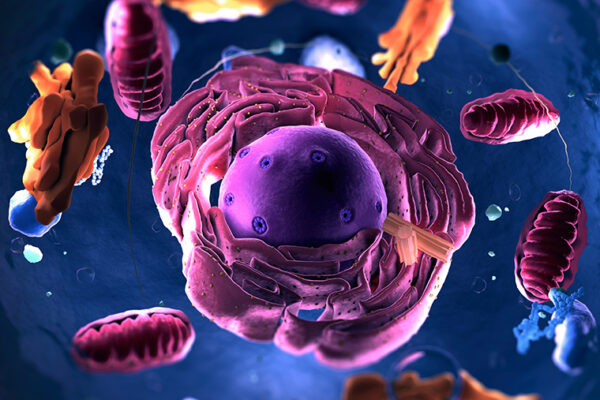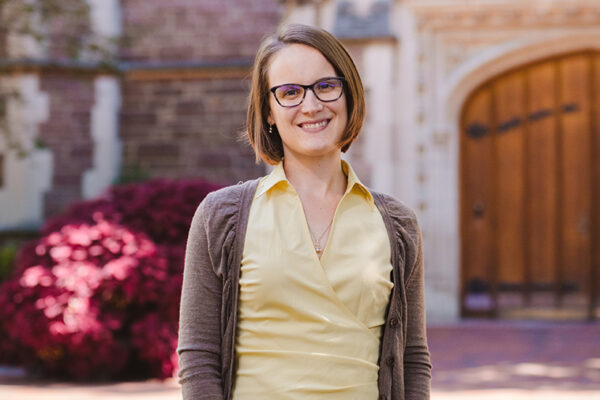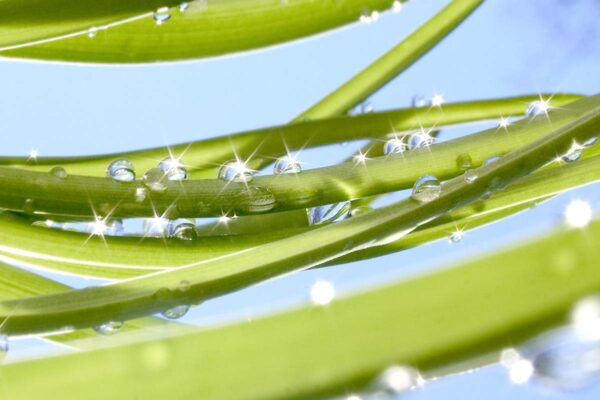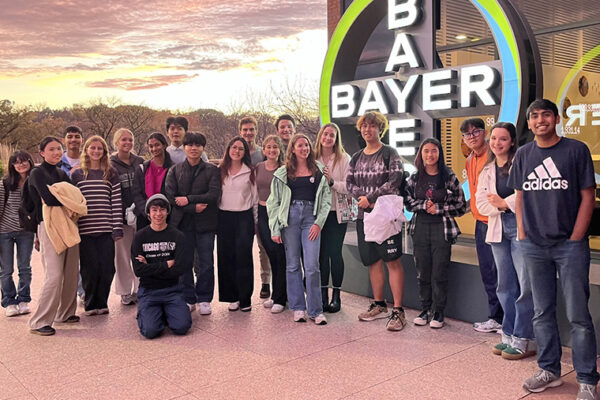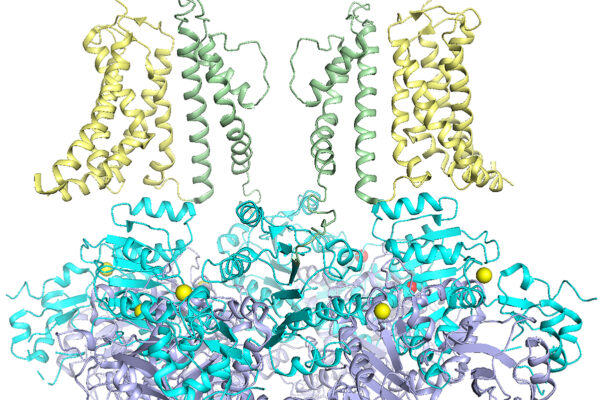Religion, politics and war drive urban wildlife evolution
The downstream consequences of religion, politics and war can have far-reaching effects on the environment and on the evolutionary processes affecting urban organisms, according to a new analysis from Washington University in St. Louis.
A unified theory of the mind
Biologist Keith Hengen in Arts & Sciences at Washington University in St. Louis says “criticality” is the key to understanding how the brain works — and how to keep it free from Alzheimer’s and other diseases.
Biologist Cox wins young investigator award
Kevin Cox, an assistant professor of biology in Arts & Sciences, received the 2025 Eric E. Conn Young Investigator Award from the American Society of Plant Biologists.
Uncovering how cells allocate space to make way for new growth
A study led by physicist Shankar Mukherji in Arts & Sciences uses a new technique to simultaneously visualize how six major organelles within a cell change as the cell grows. The work has implications for how cells regulate metabolism and growth, which is important in both health and disease.
Students don’t learn the way they think they do
A new study reveals that students learn best through prediction activities, even though they don’t realize it. This idea is at the center of research published by biologist Elise Walck-Shannon and her co-instructors for an introductory genetics course in Arts & Sciences.
Two students named Beckman Scholars
Perla Giles, a rising senior majoring in molecular microbiology, and David Lee, a rising senior majoring in chemistry, have been chosen to participate in the Beckman Scholars Program, which provides in-depth research experiences for exceptionally talented undergraduate students.
Myosin makes the moves to keep cell processes humming along
Biomedical scientists at Washington University in St. Louis and Duke University report new insights regarding the role of movements of molecules as drivers of condensation in plant cells.
A new era of biotech education
The Biotech Explorers Pathway, a first-year Ampersand Program in Arts & Sciences, uses biotechnology as the theme that immerses students in real-world science, according to a new career feature written by WashU authors.
Genetic mutations in potassium ion channel target of new drug development
Researchers at WashU will study ways to fix malfunctioning ion channels responsible for neurological and heart illness.
Removing selenium from water takes iron strength
Environmental engineers at WashU have developed critical methods to remove toxic selenium from water.
Older Stories
